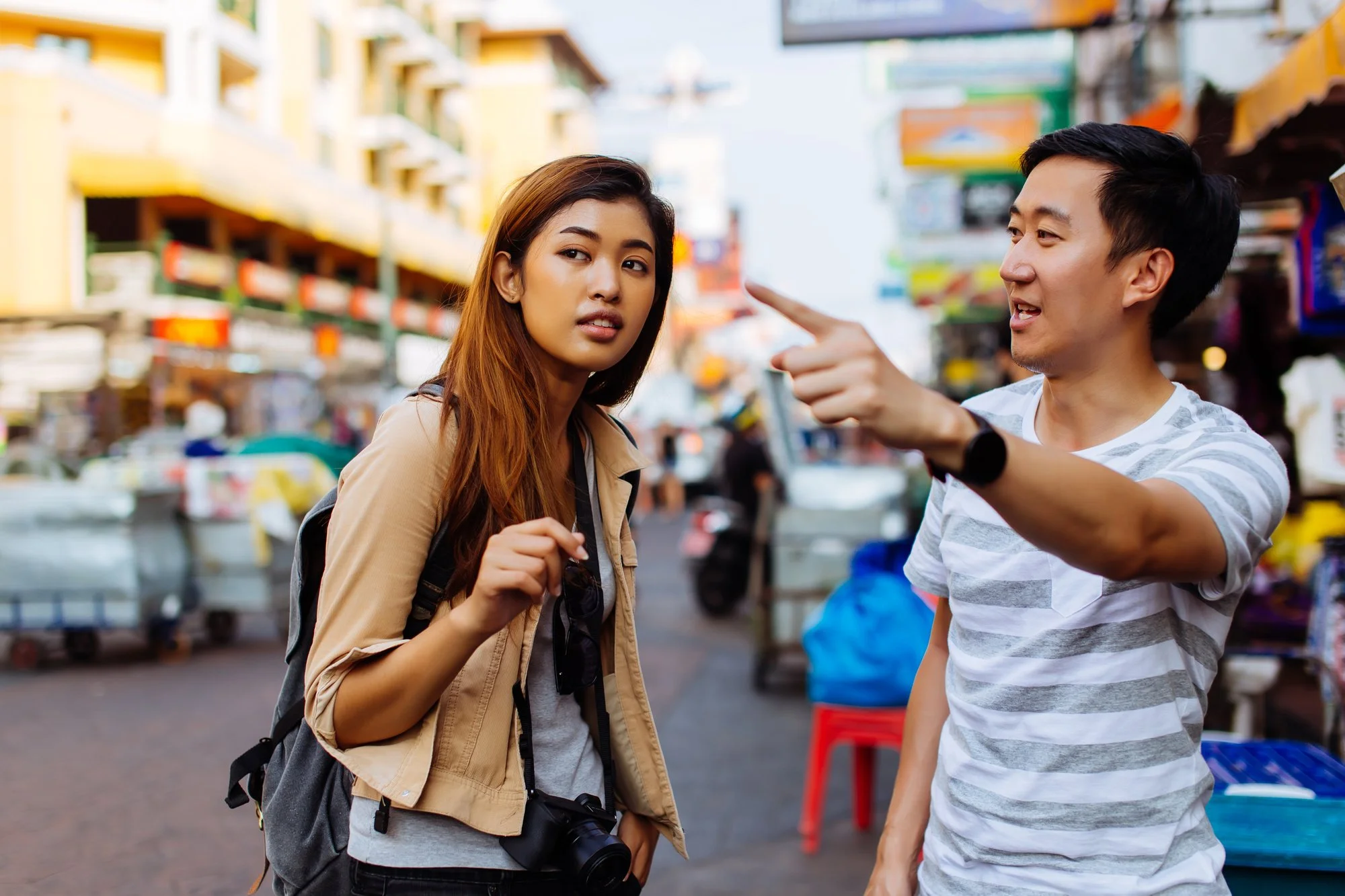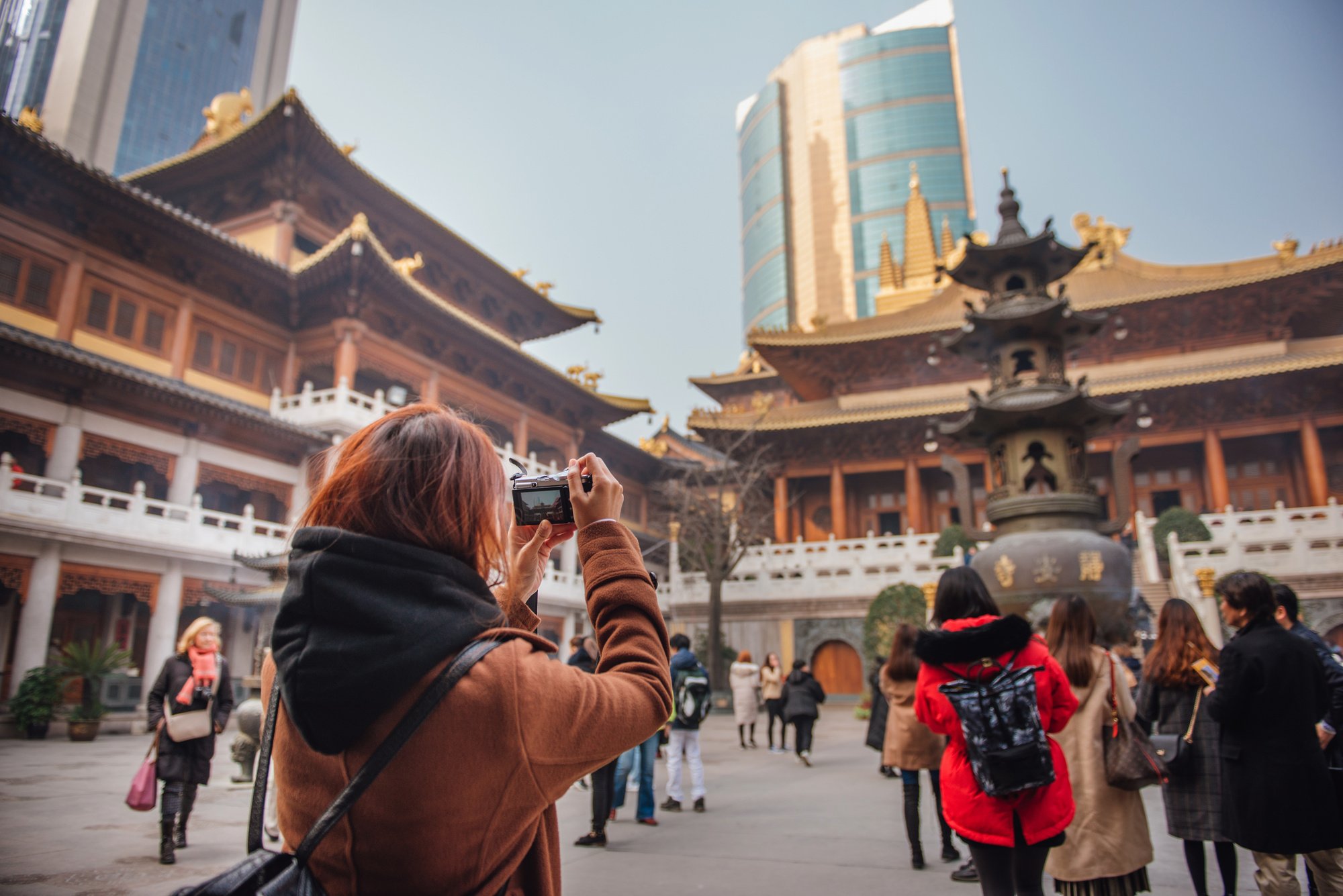Cultural Etiquette 101: 6 Tips For Exploring Customs And Traditions Abroad
Traveling to a foreign country opens your eyes and heart to new sights, sounds, foods, and cultural traditions. Understanding local etiquette and customs is necessary to avoid accidentally giving offense or finding yourself in awkward situations.
Learning basic cultural manners before departure lets you explore and appreciate your destination. Acquiring and practicing these manners enhances experiences with exceptional people and places along your journey.
Read on for tips to help you thoughtfully engage with local norms, navigate cultural differences gracefully, and embrace ethnorelativism—the understanding that cultures can only be understood relative to one another, not ranked from good to bad.
1. Learn Some Of The Native Language
Even just learning a few essential words and phrases in the local language shows good faith, facilitates communication, and a willingness to engage with the culture. Start by learning basic greetings, expressions of thanks, and common vocabulary in the native language, including how to say thank you, hello, goodbye, sorry, and please.
If you want to learn words beyond the basic ones, you can learn the native language for asking for help, ordering food and drinks, numbers, and most importantly, emergency phrases such as 'Help,' 'I need a doctor,' and 'Where is the nearest hospital/police station?' Doing so helps facilitate friendly interactions with locals who will appreciate that you made an effort. Don't rely just on English—stretch your linguistics abilities as far as possible.
2. Do Some Research Ahead Of Time
Get a sense of the cultural norms and taboos before you arrive. Every country and region has its unique set of customs that dictate polite behavior around things like eating, dressing, gestures, and manners of address. Knowing what these are will allow you to avoid embarrassing moments. For example, in some cultures, loudly blowing your nose in public is considered rude. With some basic knowledge, it's easy to sidestep awkward situations.
3. Be Observant
Pay attention to what locals consider appropriate and polite in public spaces and social settings. Notice how people interact, how close they stand to each other when talking, and whether they use formal or informal verbal greetings.
Observing intently helps you learn subtle cultural signals not written in guidebooks or online articles. Adjust your conduct accordingly to avoid looking ignorant or disrespectful.
4. Ask Questions Sensitively
There will inevitably be unfamiliar cultural situations that puzzle you or make you curious. Politely asking clarifying questions shows both interest in and respect for the culture. But stay away from interrogating people or putting them on the spot unless you know them well.
Be particularly sensitive regarding local customs, traditions, or historical events you don't fully grasp. Keep an open and humble attitude as you ask, not accusatory or judgmental.
5. Check The Local Cuisine And Culture
Don't just stick to foods you're familiar with or environments with many other tourists. Sample authentic dishes, visit local markets and eateries, and accept invitations into people's homes when appropriate. Visiting homes provides invaluable insight into the cuisine, lifestyle, hospitality norms, and family dynamics unique to the culture.
When visiting historical or culturally significant locations, consider dressing in attire appropriate to the setting. For example, modest and conservative clothing may be preferred for sacred spaces, while in other areas, dressing similarly to the local populace can show respect for regional traditions regarding appearance and dress.
To fully immerse yourself in the culture and traditions of your travel destination, enthusiastically participate when invited in local celebrations and festivals, whether a meaningful religious ceremony, national holiday, wedding ritual, or communal cultural event, as joining these moments allows a profound experience of customs otherwise challenging for an outsider to access authentically.
Immersing yourself is vital for gaining cultural understanding.
6. Stay Flexible And Open-Minded
Not all cultural differences will make logical sense to you or align with your personal beliefs and preferences. Remind yourself that your ways are also likely baffling to locals. Do your best to accept contrasting attitudes and behaviors for what they are—simply alternative ways of being.
Try not to judge harshly or demand that things cater to your expectations. Traveling is about discovering and appreciating how large and diverse our world is. The most enriching experiences come when you maintain flexibility and open-mindedness.
The Takeaways
Exploring customs and traditions abroad offers a unique opportunity to broaden your perspective and gain a profound understanding of the world. You can navigate unfamiliar territories with grace and appreciation by conducting research, learning the language, observing local customs, respecting religious practices, engaging with locals, being open-minded, and staying aware of cultural sensitivities.
Remember that exceptional people approach cultural exploration with humility, curiosity, and respect, enriching their travel experiences and fostering meaningful connections with people from diverse backgrounds. Follow this advice, and you will have eye-opening and meaningful experiences immersed in your destination's unique culture. Safe travels!







